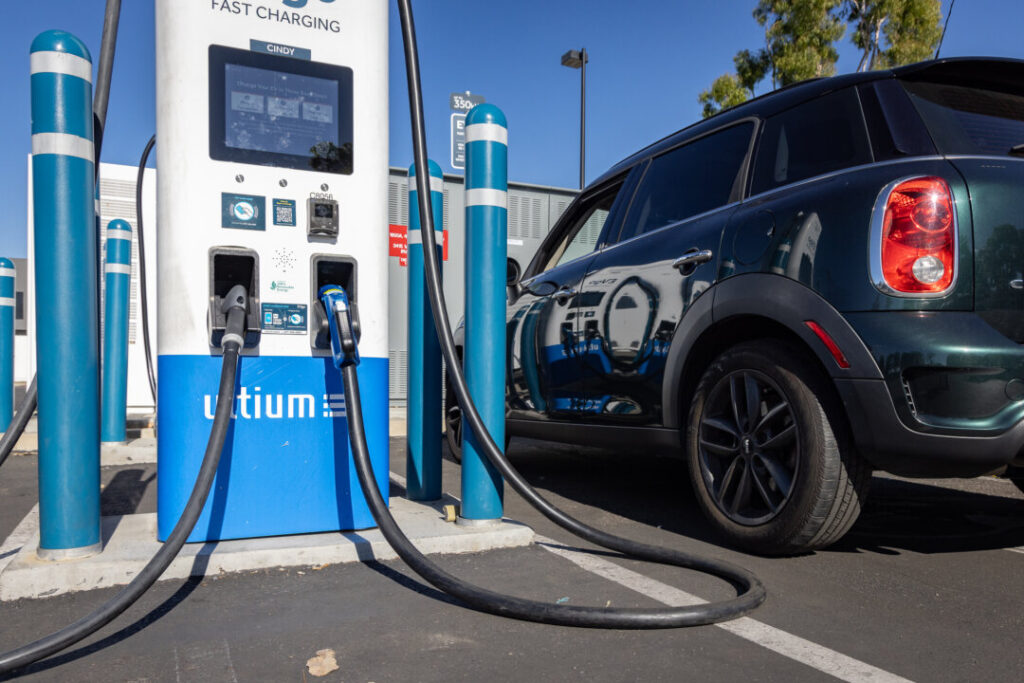The fee, which is expected to raise $50 billion over a decade, is intended to cover lost revenues as EV drivers do not pay gas taxes.
Owners of electric vehicle owners across the United States could face new fees for driving options if the proposal heard by House Committee this week becomes law.
There will be a $200 fee for electric vehicles and a $100 fee for hybrids. This will be effective this year and end in 2035. The proposal also includes annual federal registration fees for all vehicles ending between October 2030 and October 2034.
In states that do not comply with EV fee collection, federal funds withhold up to 125% of unpaid fees. The results will be effective on the first day of the next fiscal year beginning on or after September 30, 2026.
The proposal also eliminates nearly $4.6 billion in spending on Green New Deal programs, such as low-carbon transport materials grants distributed under the Federal Highway Administration.
The measures include investments to replace the country’s air traffic control technology and to bolster the Coast Guard’s efforts to block drug and human trafficking.
“It’s fair that EVS pays these user fees just like any other driver. In fact, the new user fee provisions address a significant amount of revenue streams from the Highway Trust Fund, which has been broken for the first time in over 30 years.”
According to a House committee, the fee aims to raise at least $50 billion for highway repairs in the first decade, and compensate for current gas taxes per 18 cents per gallon that EV drivers don’t pay. Earlier this year, some Republicans proposed to impose a $1,000 tax on EVs to cover road repairs and eliminate current tax credits to encourage EV purchases.
The gas tax has remained the same since its inception in the 1990s, with Congress refusing to enact an increase to cover rising repair costs.
Currently, 39 states are valued for fares, while 28 states evaluate hybrid fees to cover the cost of road repairs.
The House Committee will consider the proposal on April 30th.



